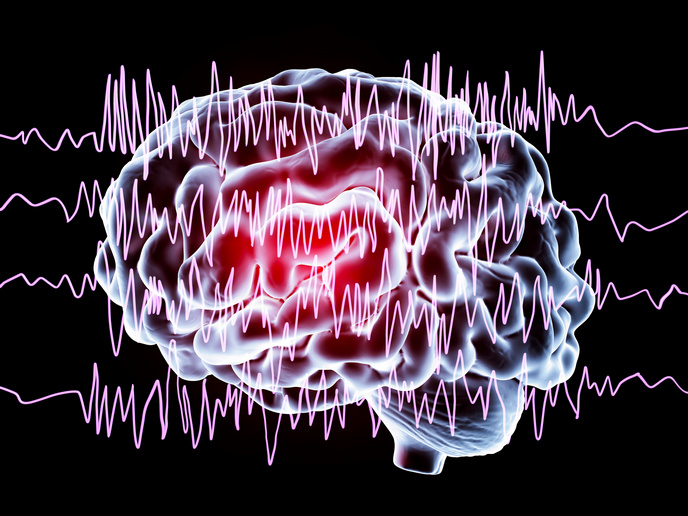Potential preventative treatment for Alzheimer's
AD slowly impairs memory function, thinking skills and eventually the ability to carry out everyday tasks. According to the National Institute of Aging in the United States, current estimates suggest that AD may in fact be the third leading cause of death behind heart disease and cancer, particularly in the elderly. Increasing evidence points to an inter-relationship among chronic stress, depression, cognitive deficits and AD. EU-funded scientists set out to untangle the relationships and search for preventative treatment with work on the STRESSAMYLOIDCASCADE (Stress cascades and Alzheimer's disease) project. The team focused on recent reports suggesting that neurotrophins can decrease the neuropathological and cognitive consequences of stress in mice. The scientists tested the hypothesis that potentiation of brain neurotrophic activity might prevent or reverse the neurodegenerative and cognitive defects associated with the disease. ArcAbeta mice serve as an animal model of AD; the mice over-produce the amyloid precursor protein (APP) whose cleavage results in production of the amyloid-beta (Abeta) peptide which is strongly implicated in the pathophysiology of AD. Abeta is the main component of the plaques characteristic of AD. The team used ArcAbeta mice in order to test the effect of a small molecule (7,8-DHF) that mimicks the activity of a brain neurotrophin. Young mice (asymptomatic) were given oral 7,8-DHF and their cognitive performance was tested 5 months later when untreated ArcAbeta mice showed obvious cognitive decline . Treatment with 7,8-DHF prevented the age-associated impairments in spatial memory. It also reduced the levels of Abeta in AD-relevant brain areas (hippocampus, cortex). Further analysis indicated that the reduction in Abeta levels is related to down-regulation of an enzyme that generates Abeta from APP by 7,8-DHF. This is the first known demonstration that transient, systemic pharmacological treatment, administered before expression of signs of AD-like features, can prevent and reverse the manifestation of age-associated cognitive impairments in a laboratory model of AD. In addition, later intervention with the test drug 7,8-DHF, after appearance of cognitive decline, reversed the behavioural impairments. The STRESSAMYLOIDCASCADE project has produced strong evidence that neurotrophic molecules have the potential to prevent and treat AD.







